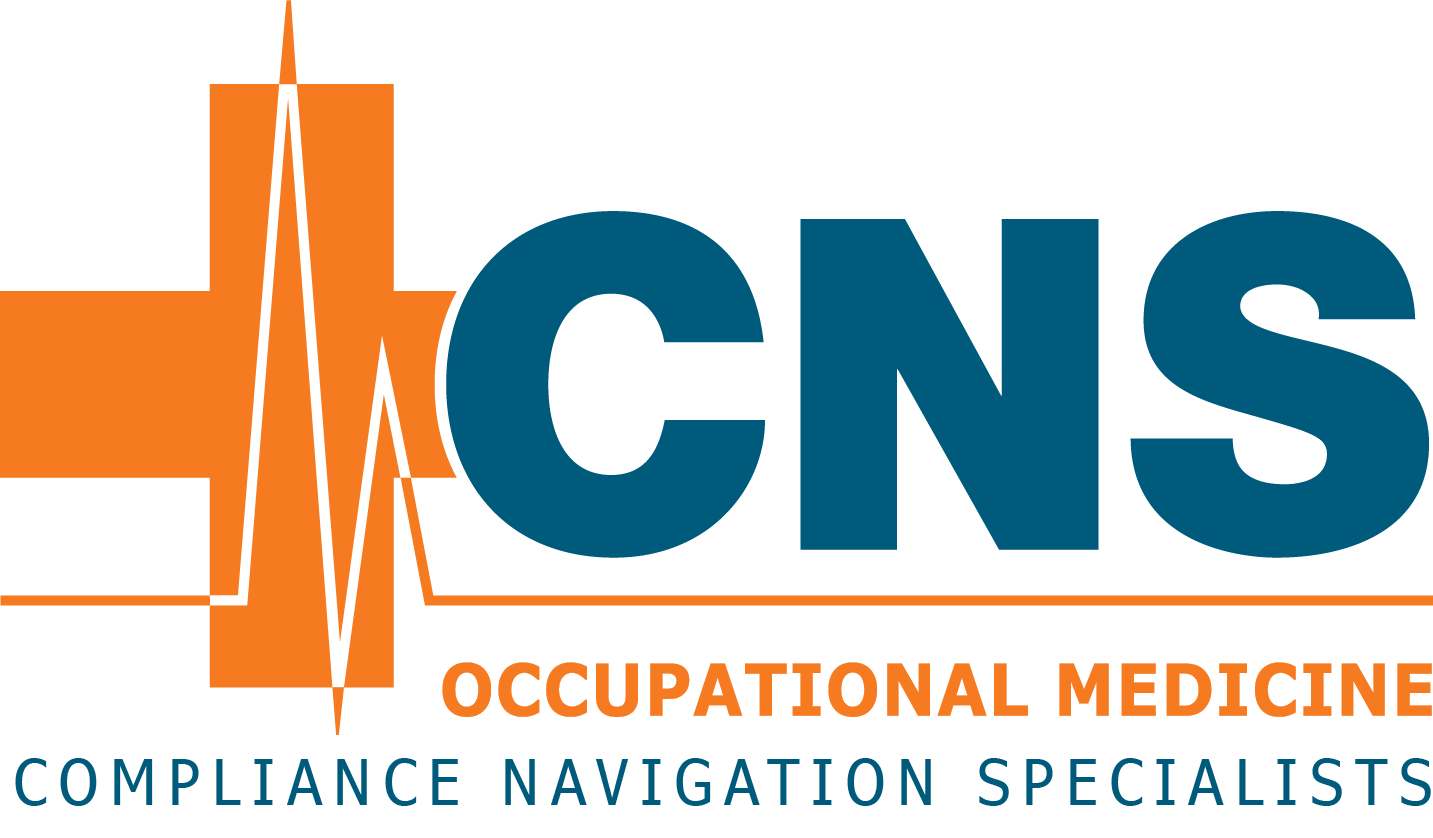In a landmark move for mental health and emergency personnel, Pennsylvania has enacted Senate Bill 365, a bipartisan law that expands workers’ compensation (WC) benefits for first responders diagnosed with Post-Traumatic Stress Injury (PTSI).
Signed by Governor Josh Shapiro on October 29, 2024, and taking effect in October 2025, this legislation fundamentally changes how mental health claims are handled for Pennsylvania’s police officers, firefighters, EMS providers, and other emergency responders.
Here is a breakdown of the new law and what employers need to do to prepare.
Why This Matters: Mental Health in Emergency Response
First responders regularly face high-risk, emotionally traumatic events, from fatal car crashes to child abuse scenes. Historically, these professionals had to prove that their trauma stemmed from an “abnormal working condition” – a standard that was difficult, if not impossible, to meet given the intense nature of their daily work.
Senate Bill 365 eliminates that barrier, formally recognizing that the “normal” duties of first responders inherently carry risks for psychological harm.
It’s a significant shift in how Pennsylvania supports the mental health of those who serve on the frontlines of crisis.
Key Highlights of Senate Bill 365:
- Expanded Eligibility for Workers’ Comp: SB 365 extends workers’ comp benefits to the following, and must be actively involved in emergency responses to qualify:
- EMS providers (paid and volunteer)
- Firefighters (paid and volunteer)
- Police officers, including Pennsylvania State Police
- Peace officers who respond to emergency calls
- No More “Abnormal Working Condition” Requirement: The most significant change is that PTSI does not have to stem from an abnormal working condition to qualify for workers’ comp. This removes a significant legal hurdle for claim approval.
Defining “Qualifying Traumatic Events”
To ensure claims are linked to work-related trauma, SB 365 defines five specific categories of events:
- Serious bodily injury or death of an individual
- Injury, death, abuse, or exploitation of a minor
- Immediate threat to life of the claimant or another person
- Mass casualty incidents
- Crime scene investigations
The responder must have personally experienced one of these events in the course and scope of employment.
Work Injury Treatment? Our providers can make the best treatment plans and perform OSHA and DOT regulatory examinations.
Requirements for Filing a PTSI Claim
To receive benefits, first responders must meet the following:
- Diagnosis must be made by a licensed psychiatrist or psychologist
- Claim must be filed within three years of diagnosis
- Benefits are capped at 104 weeks from the date of injury
This structured approach balances mental health support with cost controls for local governments and insurers.
Time Limits and Retroactive Claims
The bill limits coverage to traumatic events occurring within five years of its effective date. This cut-off prevents an open-ended window of retroactive claims, addressing concerns over insurability and fiscal sustainability.
Importantly, the law excludes injuries tied to personnel actions (e.g., demotion, discipline) to maintain focus on trauma caused by emergency duties.
What This Means for Employers
Municipalities and public safety agencies should:
- Review policies and procedures related to workers’ compensation
- Update employee resources to reflect the new claims process
- Educate supervisors and HR teams on identifying qualifying traumatic events
- Prepare for potential increase in claims as awareness grows
Legal review is highly recommended to ensure accurate case-by-case evaluations under the new law.
How CNS Occupational Medicine Can Help
CNS Occupational Medicine is here to help employers stay compliant, support their teams, and streamline this new claim process. Here’s how:
- Support for First Responder Mental Health Claims
- Timely Documentation: Our team ensures medical records and claim documents are accurately prepared and securely stored for compliance.
- Recovery and Return-to-Work Support
- Individualized Recovery Plans: We coordinate care to support recovery within the 104-week benefit period.
CNS Occupational Medicine is your trusted partner in navigating this important change in Pennsylvania law—keeping your first responders safe, supported, and ready to serve.
For more information, contact us at 800.551.9816 or info@cnsoccmed.com.




